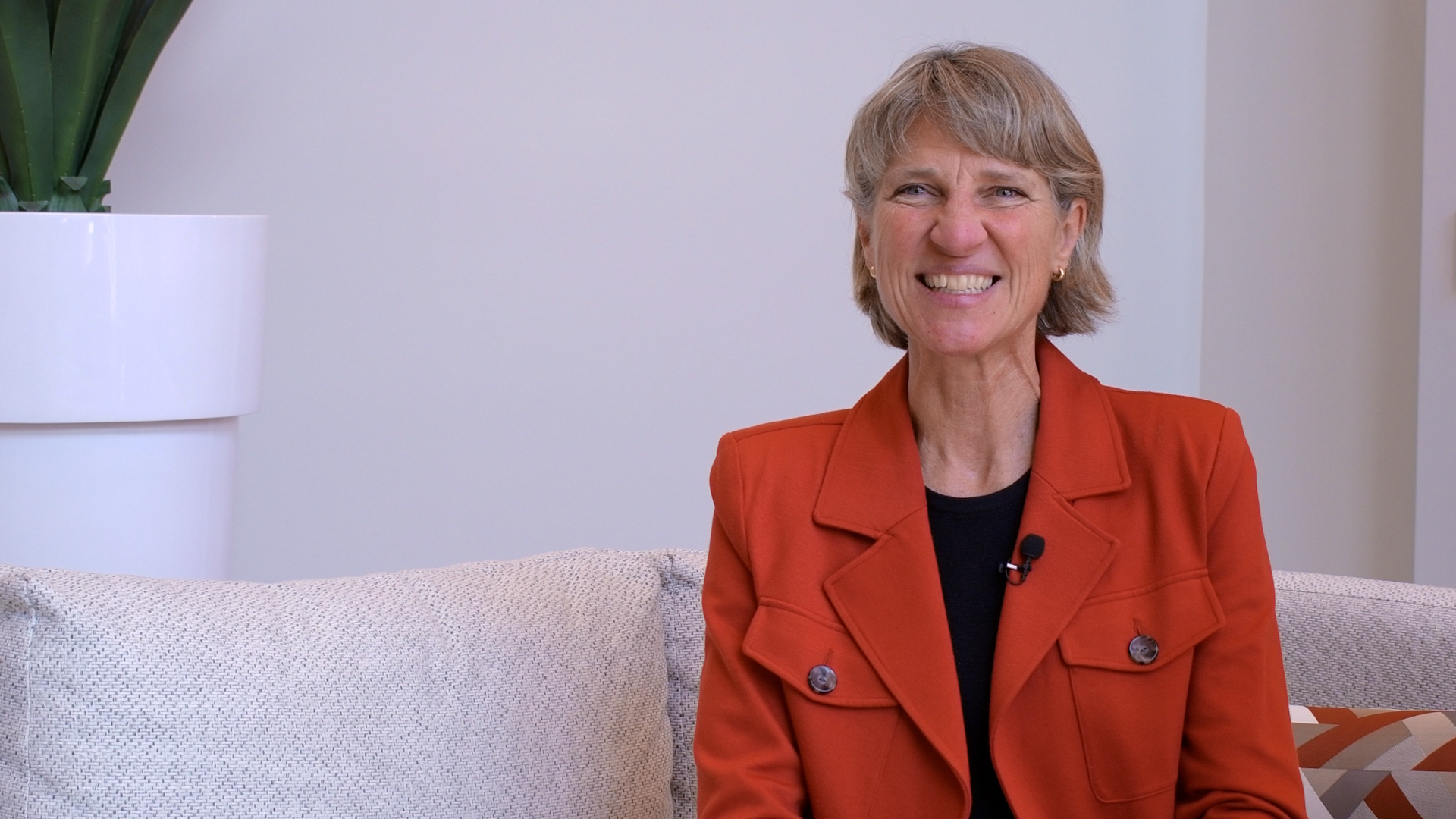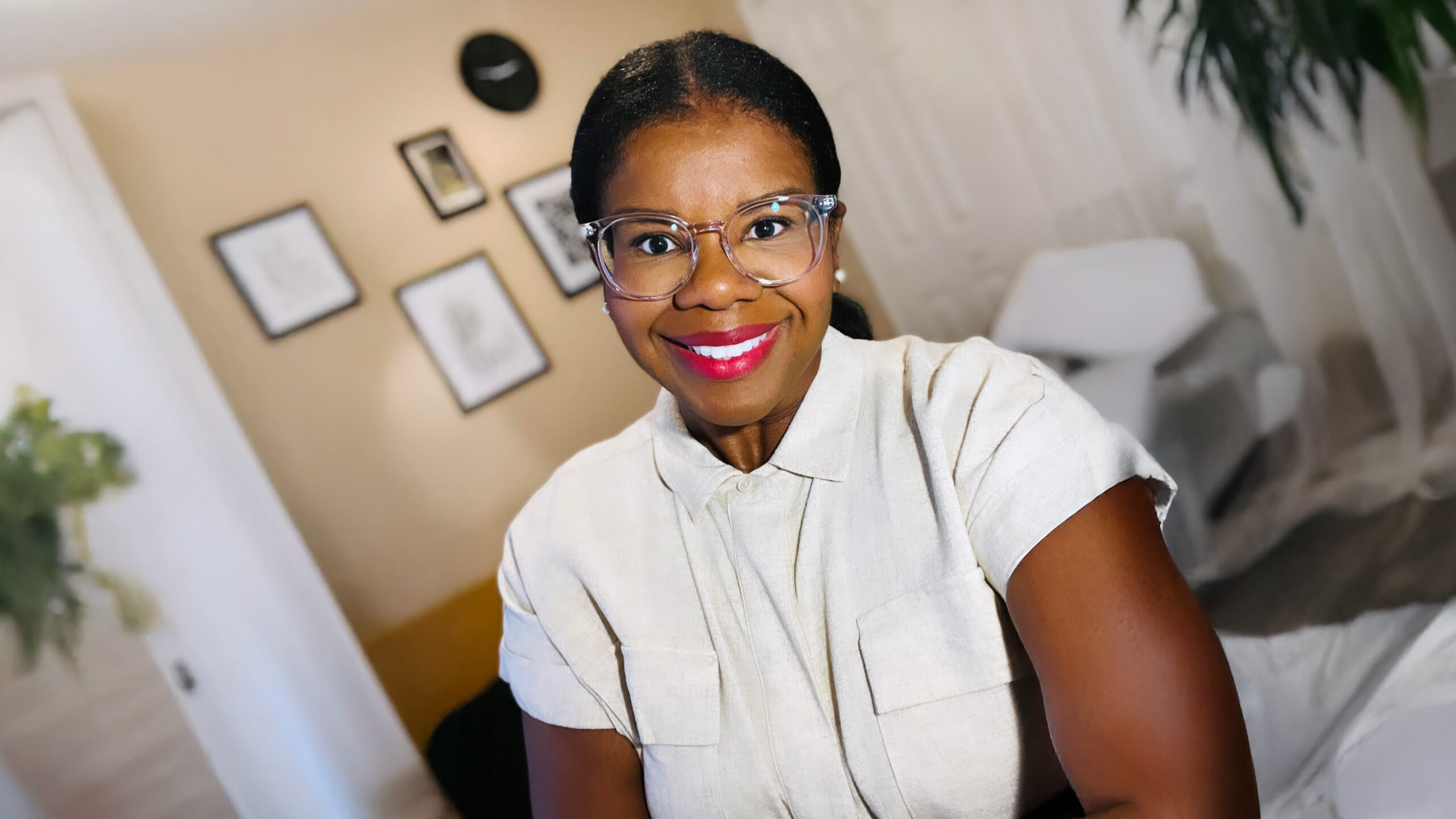Joseph D. Moore Distinguished Professor Emeritus Jere Confrey to Help Students Living in Poverty Teach Peers Through Project Funded by Bill and Melinda Gates Grand Algebra Challenge

Research has shown that students who do not complete Algebra 1 have only a 20% chance of graduating from high school, and students who are Black, Latino, emergent bilinguals or living in poverty are more likely to not complete the course when compared to their peers.
To address this issue, The Math Door, a company founded by NC State College of Education Joseph D. Moore Distinguished Professor Emeritus of Mathematics EducationJere Confrey, Ph.D., is helping to pilot a program that would help high school students from high poverty settings teach algebra to their younger peers.
The Math Door, in partnership with the Young People’s Project, Territorium and Boston and Broward County Public Schools in Florida, has been named one of 15 recipients of a $100,000 planning and prototyping grant through the Bill and Melinda Gates Grand Algebra Challenge.
Their project will develop a formal certification program and online learning platform to support high school students to become certified Math Literacy Workers who create and use interactive math games to more effectively teach algebra to their younger peers.
By helping to make math accessible and fun, the younger students build confidence and master key concepts for success in algebra while the older students develop their own math literacy and develop their voices as agents of change in education.
“The Math Literacy Workers join the Young People’s Project to help their younger peers through their common understanding of the challenges those younger peers face both in and out of school. Both groups benefit from participation,” Confrey explained. “The activities are based on Bob Moses’s five-step, activity-based math learning philosophy, the key to which is doing math together in an engaging, mathematically rich activity.”
The Math Door, which began through NC State Startups, will contribute to the project by using Math Mapper 6-8, a digital formative assessment tool, to diagnose student needs along empirically established learning trajectories in order to provide students with effective and targeted activities.
Created as part of the Scaling Up Digital Design Studies (SUDDS) project, Math Mapper offers immediate, item-by-item feedback for students to help them continue working at their ability level until they fully understand a mathematical concept. The assessments check for depth of understanding as well as procedural knowledge, and provide intuitive and easily digestible summary reports about a student’s progress.
Confrey said Math Mapper will be used to strengthen the Math Literacy Workers’ understanding of key big ideas in middle grades math. The diagnostic assessment of their progress along learning trajectories, combined with a set of curricular activities, she said, will strengthen their conceptual flexibility and understanding of pedagogy.
Confrey’s group, as well as the other Grand Algebra Challenge grant recipients, will use the next several months to develop, test and refine their projects before eight to 10 projects are chosen in the summer of 2021 to be piloted in U.S. schools. Projects selected to move on to the next phase will receive an additional $1 million in funding.
“We at The Math Door are honored to work with and learn from our colleagues in the Young People’s Project and the Boston and Broward County Public Schools. The Bill and Melinda Gates Foundation is committed to increasing algebra success among students who have been performing in the lowest 25% because they recognize algebra is the gatekeeper for high school graduation. We find value in our shared efforts to address this important challenge,” Confrey said.
- Categories:


